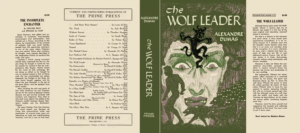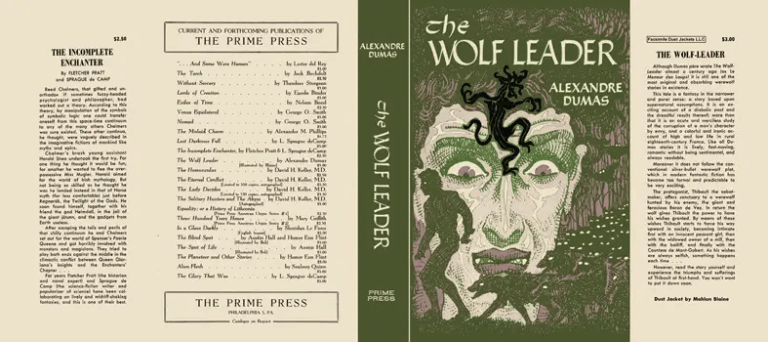I’ve been sharing with you my writing journey for a while now, either here, on the Blog or on my social platforms (mostly The App Formerly Known as Twitter), and one of the most recent developments is that I’ve closed deals with different readers to get a look at my most developed draft. Specifically, one of them was to look at how I treated gender issues, one of them was to give me feedback on characters of colour, and another group had a more general overviewing task. I had employed an editor before, back when the draft was in Italian, and I hadn’t been completely satisfied with their work: this time, I must say that the given feedback had much more value so far, and I have more than a few points I know I want to address for the 5th and final draft of the book. Then, I will start querying.
Meanwhile I have a working title, but that’s not the point right now.
What seriously surprised me was the amount of hate I got online, mostly through unsolicited private rants, because of my decision to employ sensitivity readers.
I thought we were past that.
I thought most reasonable people had reached an understanding of why it matters to write inclusive stories and, most importantly, how to approach the representation of characters that diverge from you and your experience. This only proves how much we tend to live in bubbles… which is a self-sustaining argument when it comes to sensitivity reading, but I’ll get to that in a moment.
So let us try to unpack a few things:
- my approach: what is it that I’m writing, and why I felt I needed a sensitivity reader;
- what the heck is a sensitivity reader anyway, and what can you expect from them as an author;
- what’s the controversy here (and why I think it’s dangerous).
1. I’m writing historical fiction
Emphasis on fiction.
My work has witches, shapeshifters, at least a guy who might or might not be a dragon, all wrapped up in a concept we might call liminal magic. It’s not a historical treaty, it’s not written in XVIII Century English and I’m sure, regardless of how much I tried, that I have a couple of anachronistic terms and concepts being used in there.
Besides, my main character swears a lot.
Accuracy only matters to me up to a certain point: I don’t want to burden the reader with incomprehensible prose, but I do want to convey the sense that some characters might be more down-to-earth than others, for instance, so the occasional anachronistic term conveys more meaning than being accurate. I assume the reader understands that we’re in 1702 after seeing it written at the beginning of each fucking chapter.
This of course begs the question: if being accurate doesn’t matter so much, why did I employ consultants?
Sometimes, I did it because I was stuck and needed ideas. I knew the ship in my story had to make a stop in Madeira, for instance, but I didn’t know how to go about it, so I consulted with an expert on Portuguese folklore and they un-stucked me.
Other times, I needed a head-start: I wanted some characters to come from a specific background, and I felt I knew too little of their culture, so I consulted with local experts and I think my characters are all the better for it.
1.1. How is this different?
While a person working as a sensitivity reader might also contract as a consultant, sensitivity reading steps into the picture after you wrote your thing: you basically give your draft to a consultant, ask them to read it, and require that they focus on specific areas, giving you a particular kind of feedback.
What areas?
That’s the point.
Sensitivity readers usually work on areas that are akin to their personal expertise: they might be people from marginalized cultures taking a look at how diversity is treated and represented in a work of fiction, neurodivergent people aiming to provide you with insights on how neurodivergence is experienced, people with disabilities looking for involuntary slurs, people with a different approach to gender and sexuality, and so on.
There’s an excellent introductory overview over here.
1.2. Are they spokespersons of their area?
Of course they are not. There’s no such thing. Being from a culture of having a particular experience doesn’t entitle you to speak for everyone from that culture or everyone with that experience. Just as much as being queer or neurodivergent doesn’t make you the spokesperson for every single queer and neurodivergent person out there. That’s not the point of a sensitivity reader: you’re not consulting an oracle, for fuck’s sake.
I might be Italian (which I am), I might read a work of fiction depicting Italians, and I might point out stuff that sounds offensive or misrepresentation to me, but:
- other Italians might not be offended by what offends me;
- I might miss some references that the writer either knows or found, and I didn’t even know existed: Italy is a pretty big and varied place;
- I might not be offended by something that outrages some other fellow countryfolk of mine who might come from different backgrounds: everyone is their own person, and it ultimately boils down to subjective sensibility.
I won’t speak for all Italians, I can’t, I don’t have the right to.
This becomes even broader when we’re looking at people of colour or LGBT+ characters: they’re such vast communities that no one can be elected to speak for all of them. You can only ask an opinion from a limited number of them.
So what’s the point?
People in the upper tier will be able to read my views on the Patreon. It gets published at 10:00 am CEST today.











No Comments